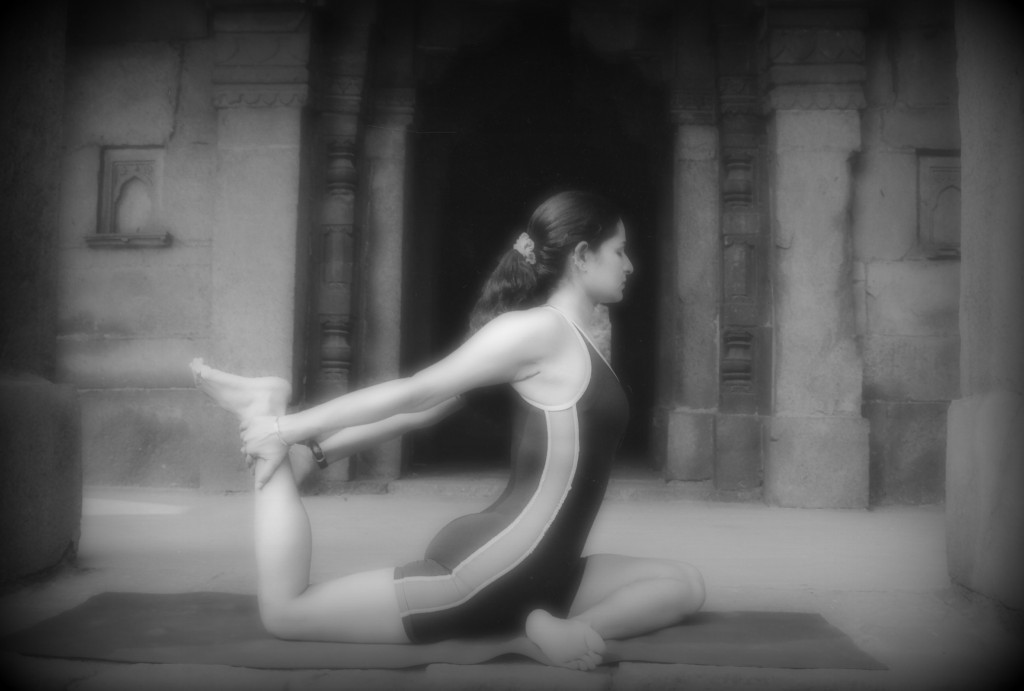Because He Lives
As I look out the window, I see another dreary, cold day. It’s mid-March, but it feels like winter may last all year. Sometimes we can feel like our own personal winter will be here forever. Think of the last time you felt yourself in a difficult situation that lasted longer than you anticipated. Or think about when you have faced a desperate problem that appeared impossible. Perhaps you don’t have to think very hard, because you are in one of these places right now.
At those times, the feelings can overwhelm us. We feel–
Powerless
Hopeless
Discouraged
Lonely
Helpless
Wronged
Exhausted
These feelings often wash over us in giant waves when we are struggling. And, yet, somehow we have to work through our long, unending winters and our unanswered problems. Not only are we supposed to work through them, but we are to glorify God while doing so. So how do we do this? I am still learning myself, so please note, this is not an “I Have Arrived” post. However, as I continue on my journey in learning through trials, here are a few things I have learned:
1. Things may not always make sense to me but they always make sense to God. We can trust Him. One of my favorite verses is Isaiah 29:16: Surely you have things turned around! Shall the potter be esteemed as the clay; For shall the thing made say of him who made it, “He did not make me”? Or shall the thing formed say of him who formed it, “He has no understanding”? Seriously, who do we think are to question God, anyway?
2. Working through the unworkable as a believer is all about yielding ourselves to the one Who made us. Submission to God and His plan through heartache is a key to living a victorious Christian life. In 2 Chronicles 20 we find the story of multiple armies coming against Jehoshaphat. What a great example of yielding to God. He didn’t cry out in anger and fear at this impossible situation. He didn’t try to fix it himself by hurriedly gathering his army. No, instead, he first sought God. In fact, he encouraged his whole nation to seek God. And God worked a miracle! Now, while we don’t see many miracles in this day and age, we still see God work in amazing ways when we yield our own wills to His greater plan.
3. Even if He doesn’t provide a way out for us, He always provides a way through. Sometimes we find ourselves in a very dark place. A tunnel without light where we can barely see our own two feet to take the next step. But He has promised to be with us through it all. Psalm 23 says it best in verse 4–
Yea, though I walk through the valley of the shadow of death,
I will fear no evil;
For You are with me;
Your rod and Your staff, they comfort me.
He will never leave me or forsake me. He will always provide the next step. And that’s all we really need to know (even though we’d like to know so much more!)
4. It’s not about me. I am not on this earth to fulfill my life, to reach my potential, to have a comfortable life, to find my purpose (gasp!) This is perhaps one of the most deadly false doctrines infiltrating the church today. It has probably even wormed its way into our own thinking without us even realizing it. When we became Christians, we gave up our rights and our lives for the sake of Christ. Galatians 2:20 says it best: I have been crucified with Christ; it is no longer I who live, but Christ lives in me; and the life which I now live in the flesh I live by faith in the Son of God, who loved me and gave Himself for me.
5. We should expect to suffer. Why, oh why, do we feel like we deserve a life without suffering? Without trials? Without problems? This isn’t even scriptural. There are many verses about what we should expect if we are going to follow Christ (check out Matthew 5:10-12; John 15:18-20; 2 Corinthians 4:8-11 to get started) In fact, I Peter 4:12-16 tells us that we should rejoice to take part in Christ’s suffering! It’s not pleasant to think about and most of us would rather turn our focus on the blessings we receive when we follow Christ, but that doesn’t make it any less true. It is clear in God’s Word, that we should all expect to suffer and those of us who are true believers should expect more suffering, not less.
6. And, finally, God is faithful. He comforts and strengthens us (Isaiah 41:10). He is our stronghold in times of trouble (Psalm 9:9-10). He supplies all our needs (Philippians 4:19). He helps to carry our load (Matthew 11:28-30). These aren’t just words in an old book. If we have given our lives to Christ, we have seen the evidence of this in our own lives over and over and over again. God is so faithful.
I don’t know what you are going through today and I don’t know what any of us will face in the future, but, as the old song says;
“Because He lives, I can face tomorrow,
Because He lives, all fear is gone;
Because I know He holds the future,
And life is worth the living,
Just because He lives!”










